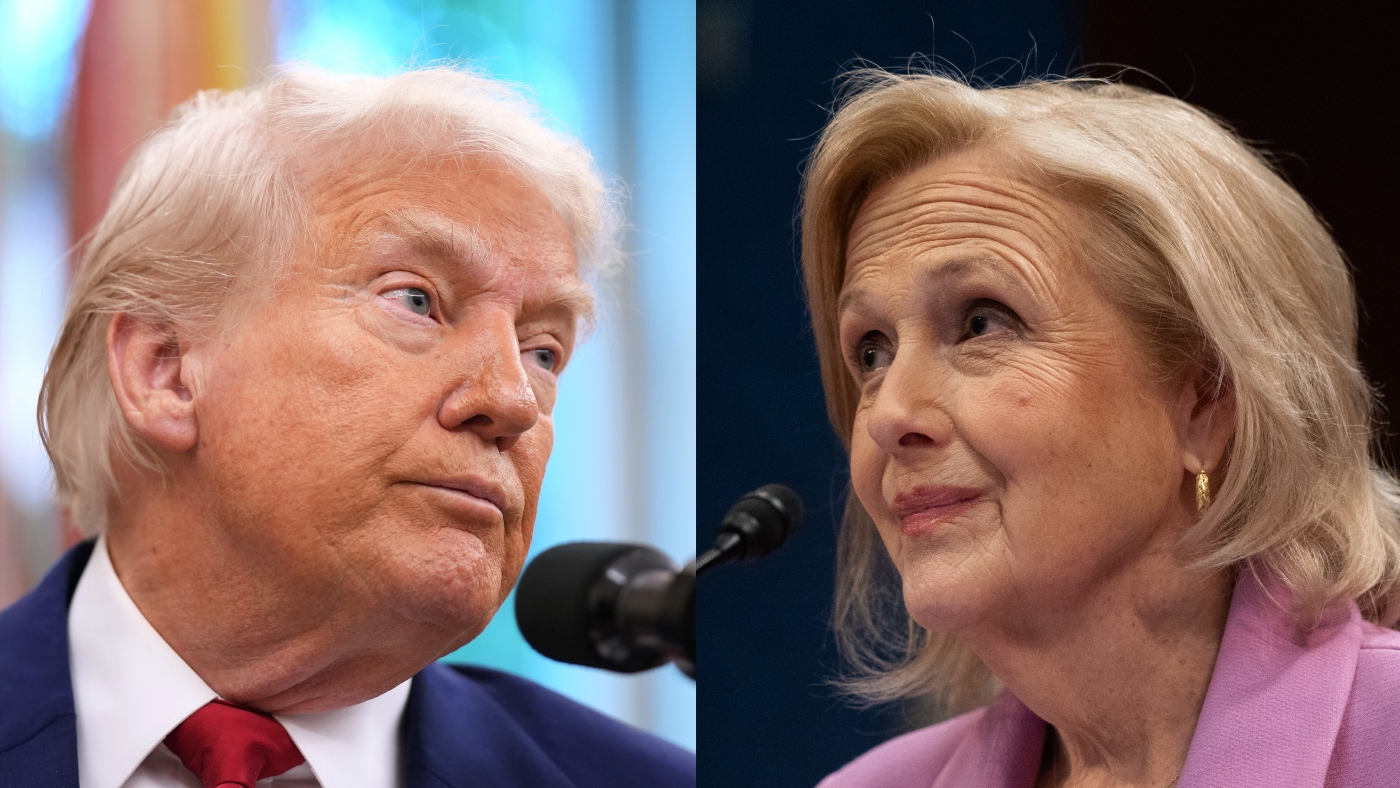The Trump administration has decided to impose sanctions on four judges from the International Criminal Court (ICC). These judges are accused of taking unjust actions against the United States and its allies. On Thursday, Secretary of State Marco Rubio criticized the ICC, saying it falsely claims to have the power to investigate U.S. actions.
The judges targeted are Solomy Balungi Bossa (Uganda), Luz del Carmen Ibanez Carranza (Peru), Reine Adelaide Sophie Alapini Gansou (Benin), and Beti Hohler (Slovenia). As a result of the sanctions, their U.S. assets will be blocked and American organizations cannot conduct business with them.
In response, the ICC reaffirmed its support for its judges and criticized the U.S. action. They stated that such measures undermine international justice and embolden those committing crimes.
### Background on the Judges
Bossa and Ibanez Carranza were sanctioned for their roles in allowing an investigation into U.S. troops in Afghanistan. In 2020, the ICC decided to investigate allegations of war crimes by U.S. forces, particularly regarding secret detention centers. The Trump administration has long claimed that since the U.S. isn’t a party to the Rome Statute, it shouldn’t be subject to ICC scrutiny.
On the other hand, Alapini Gansou and Hohler have faced sanctions for their actions against Israeli leaders. The U.S. and Israel share a close relationship, with the U.S. being the first country to recognize Israel in 1948. Recent military actions in Gaza have led to numerous accusations against Israel, including claims of war crimes. Human rights organizations have criticized the toll of the conflict, which has reportedly resulted in over 54,000 Palestinian deaths.
In November 2024, the ICC took significant steps by issuing arrest warrants for Israeli Prime Minister Benjamin Netanyahu and former Defense Minister Yoav Gallant for their roles in the conflict.
### A Pattern of Sanctions
This move isn’t entirely new. Since Trump’s return to office, he has used similar tactics before. Shortly after his re-election, he issued an executive order threatening sanctions against anyone involved in ICC investigations. Some experts worry that such actions might hinder justice by discouraging witnesses from coming forward.
The Trump administration has a history of opposing the ICC. In 2019, Trump denied visas to ICC officials and sanctioned prosecutor Fatou Bensouda in 2020. These moves were characterized as a way to protect U.S. sovereignty and military personnel but raised serious concerns about the implications for international law.
According to a recent survey, nearly 70% of Americans believe in accountability for war crimes, regardless of the country involved. This indicates a growing awareness and demand for justice on a global scale, highlighting the relevance of the ICC’s work. Critically, experts argue that undermining institutions like the ICC could have lasting repercussions, eroding trust in international justice systems.
In summary, the sanctions against the ICC judges reflect ongoing tensions between the U.S. administration and international judicial authority. As global conflicts continue, the demand for accountability remains pivotal.
Source link
News, Courts, Donald Trump, Gaza, Israel-Palestine conflict, United States, US & Canada



















![Discover the Exciting New Features in Android’s April 2025 Google System Updates [Updated: 4/21] Discover the Exciting New Features in Android’s April 2025 Google System Updates [Updated: 4/21]](https://i0.wp.com/9to5google.com/wp-content/uploads/sites/4/2025/01/google-play-services-3.jpg?resize=1200%2C628&quality=82&strip=all&ssl=1)

